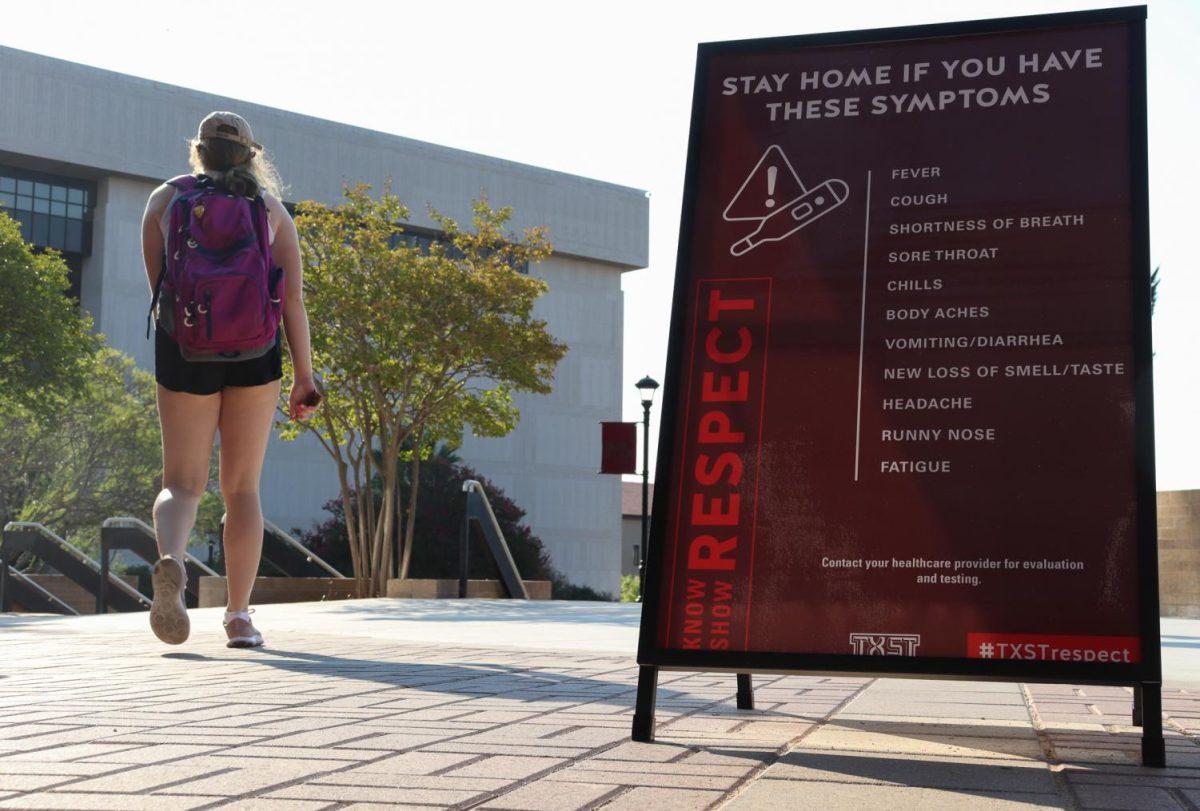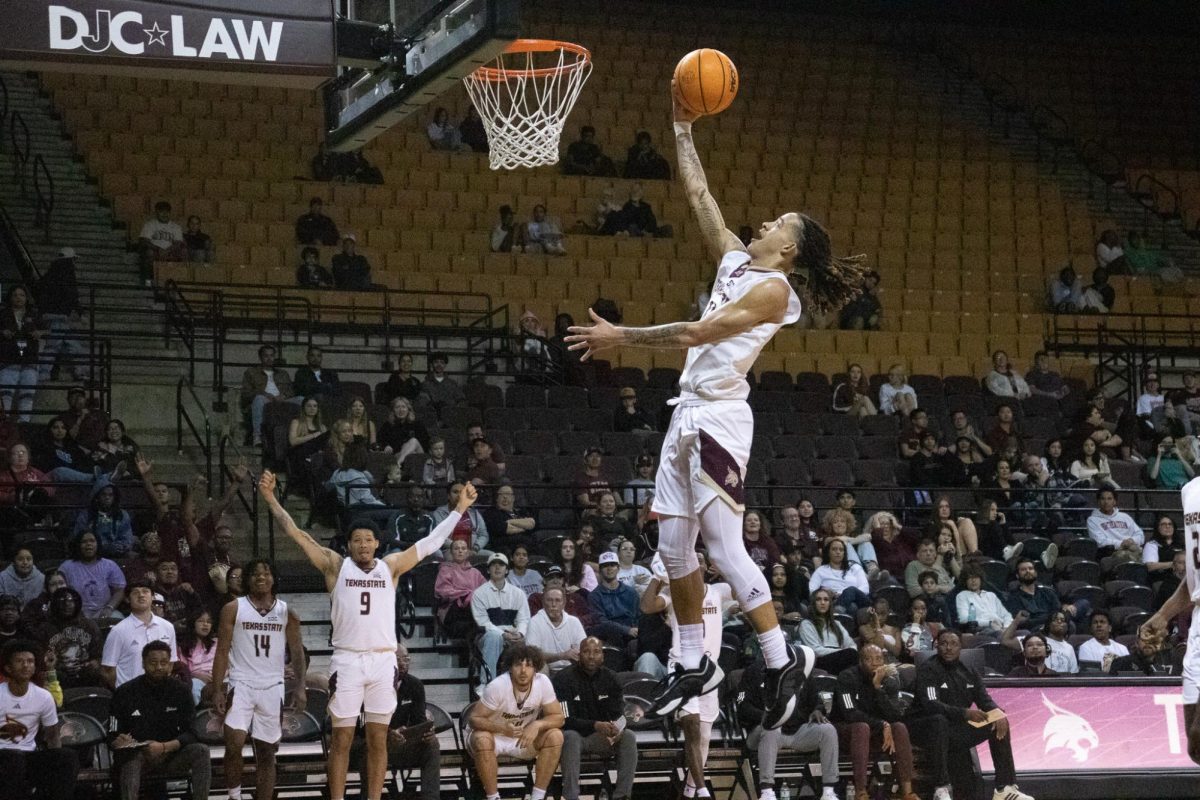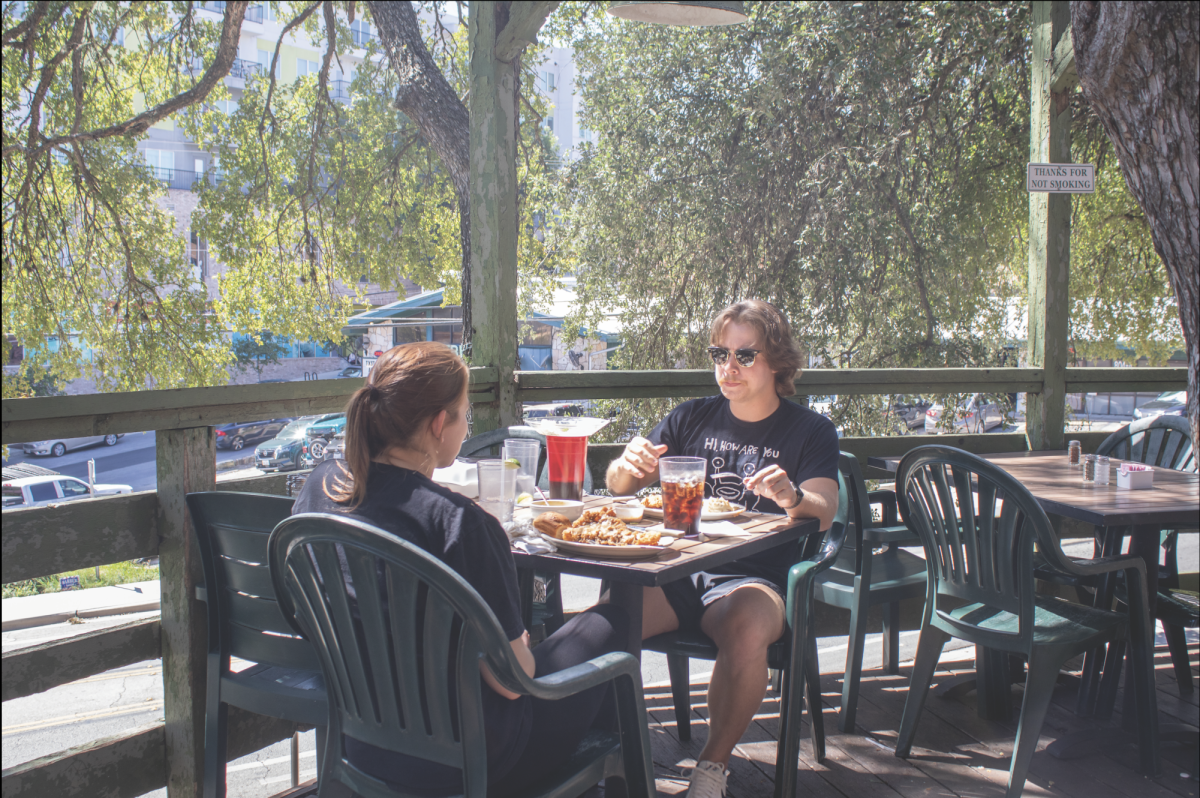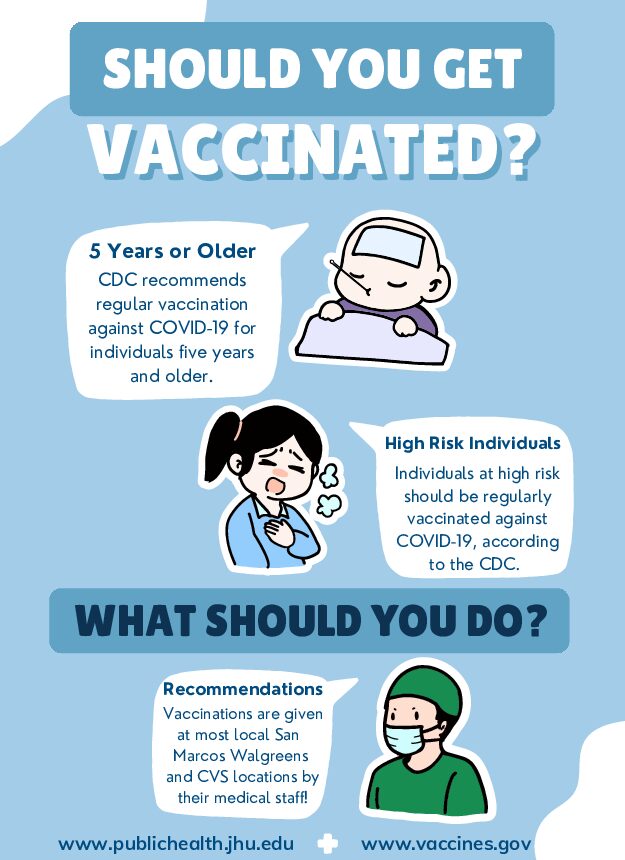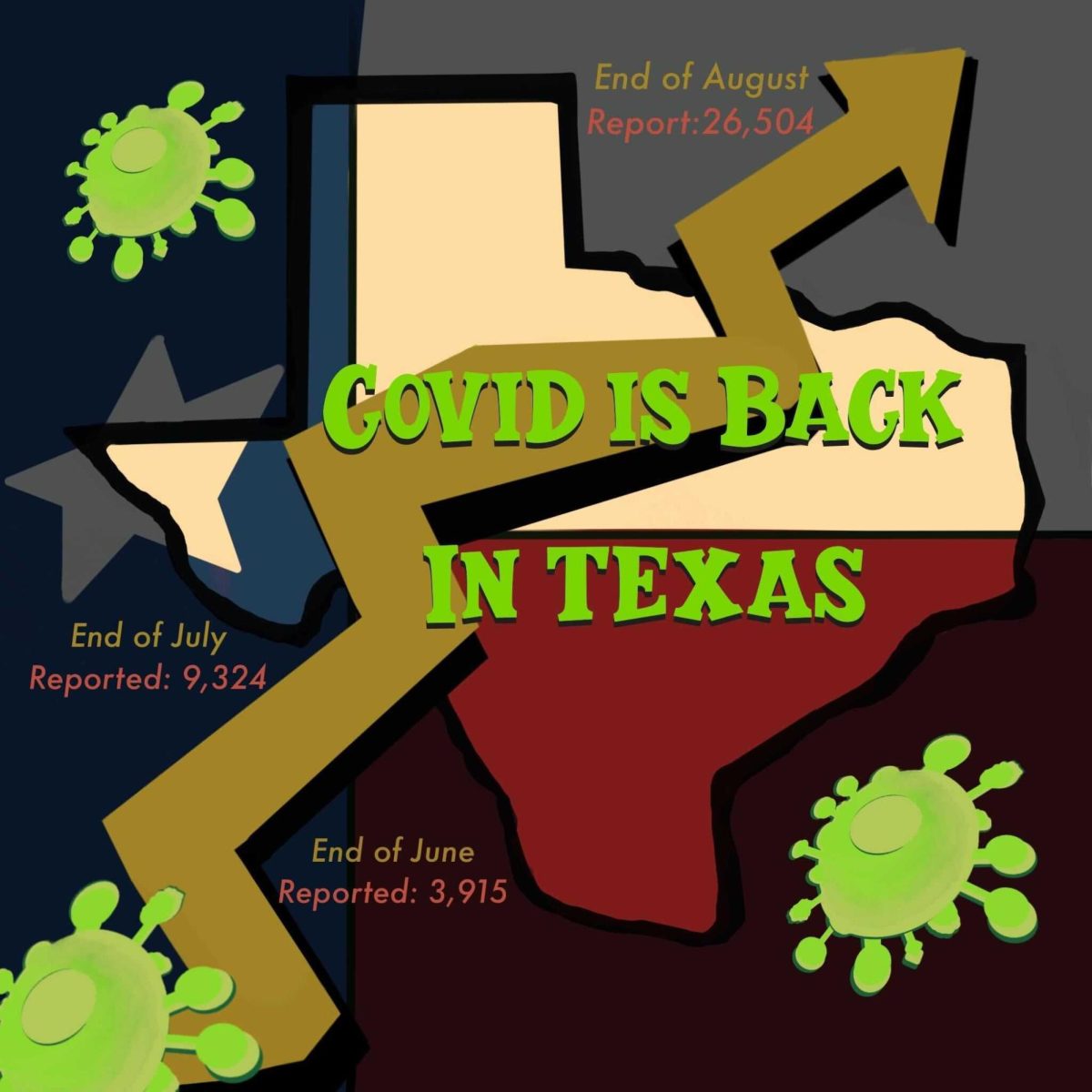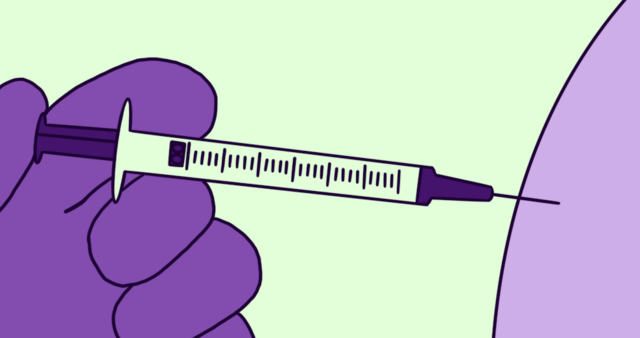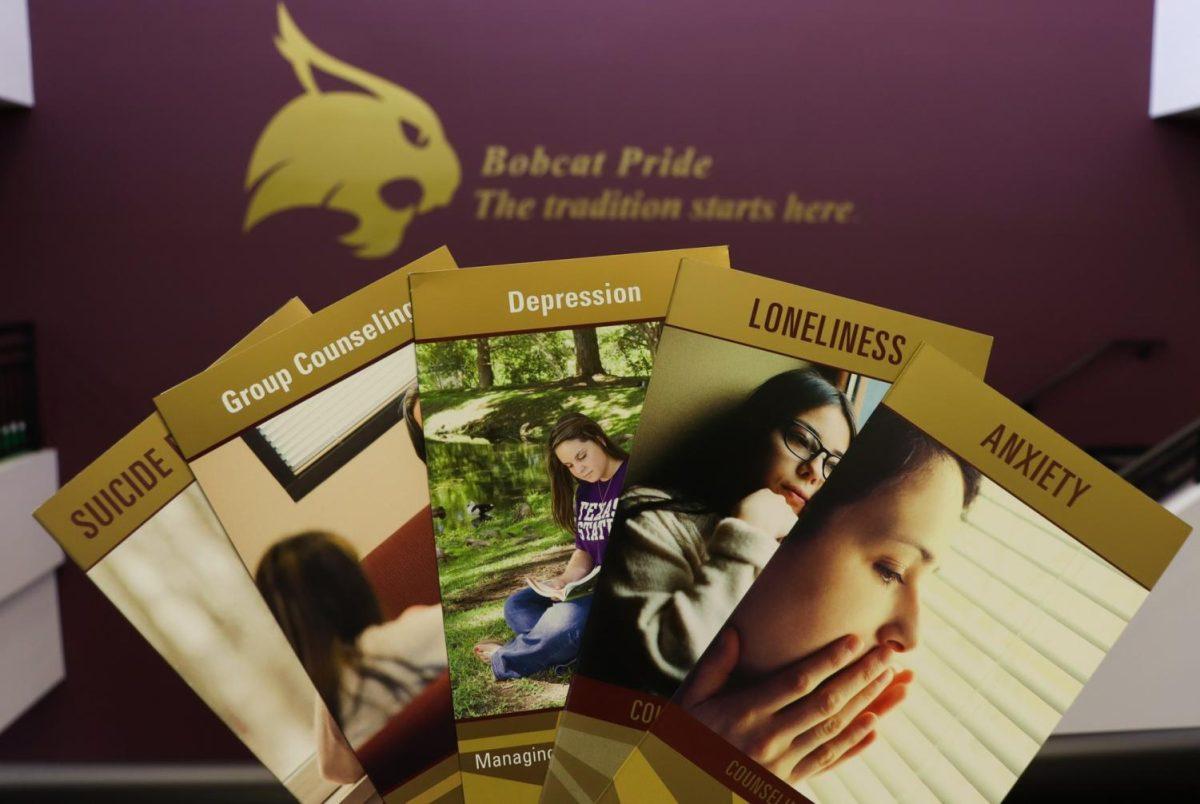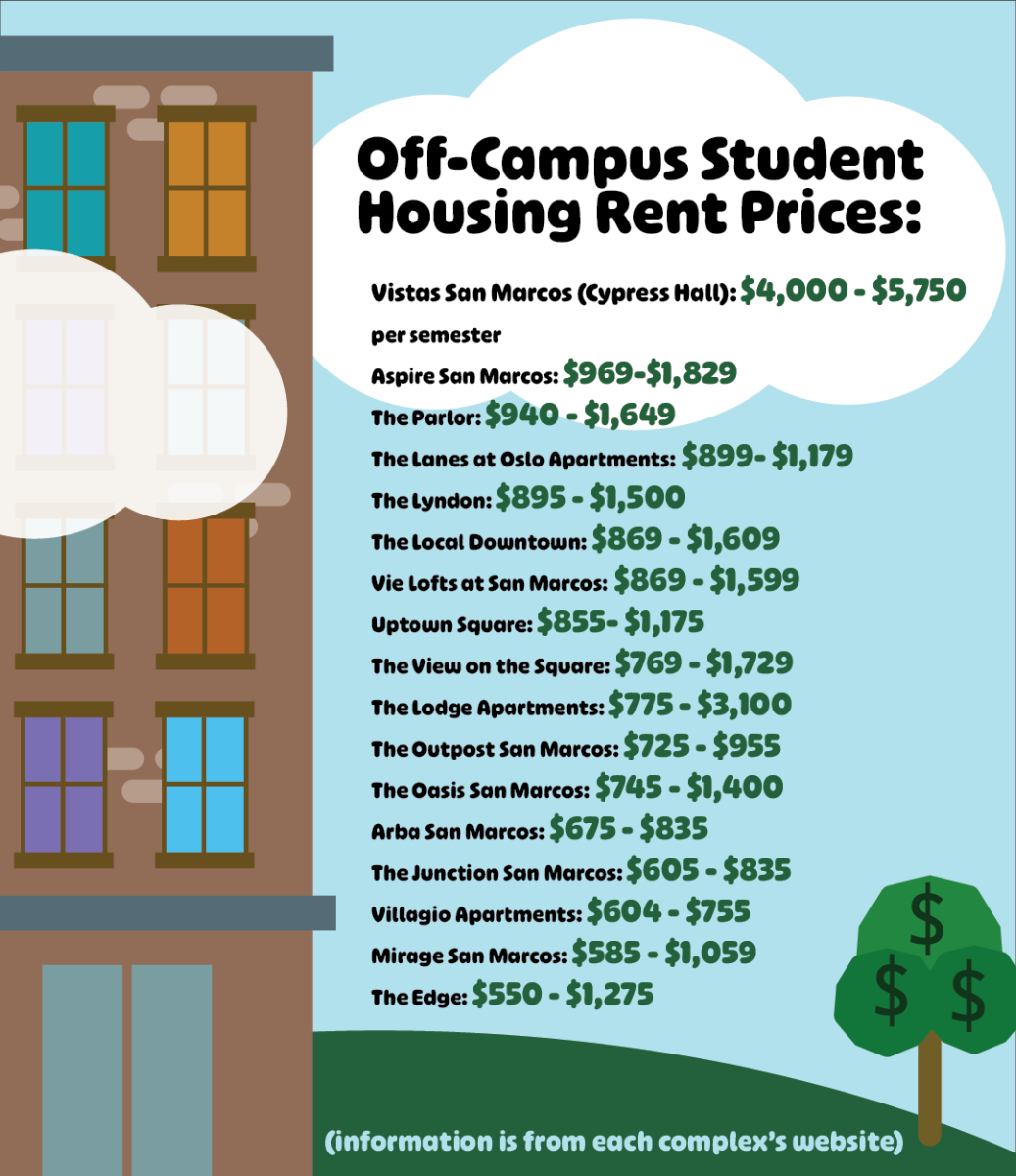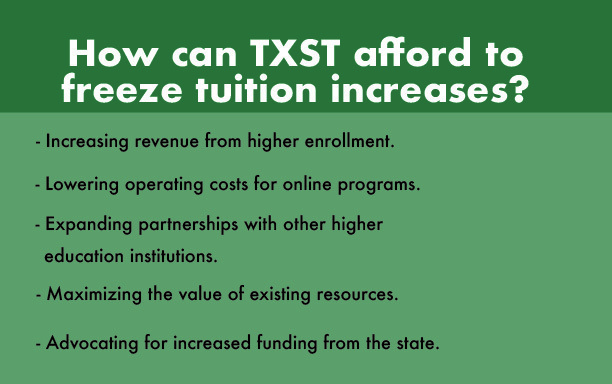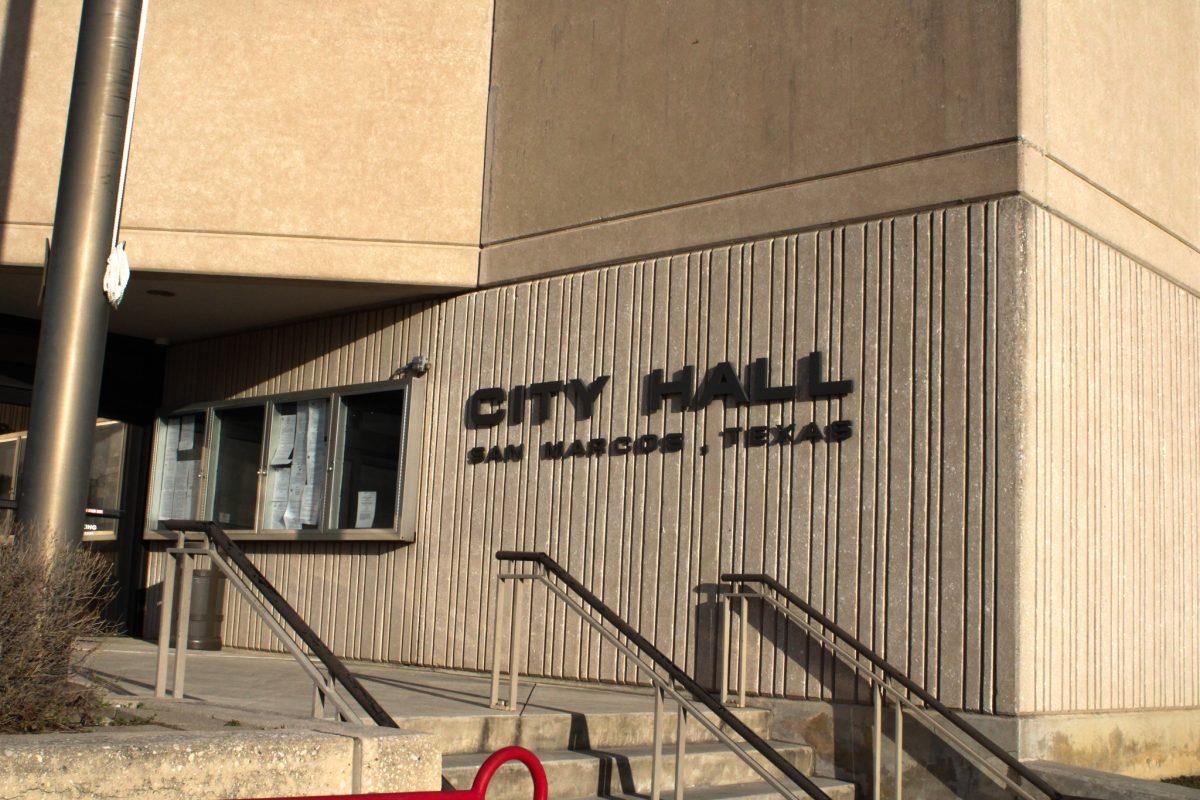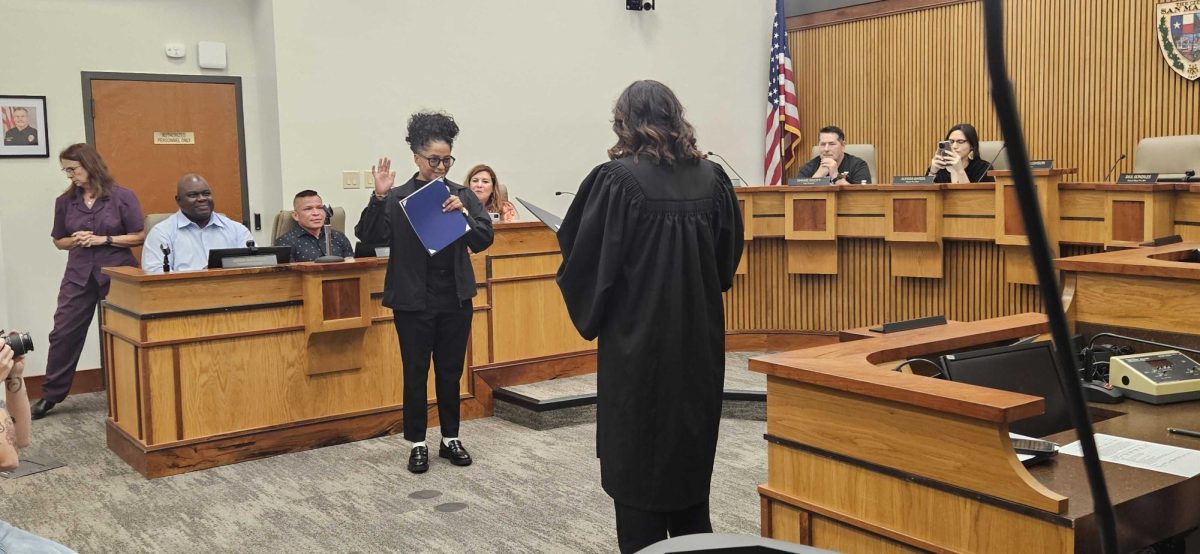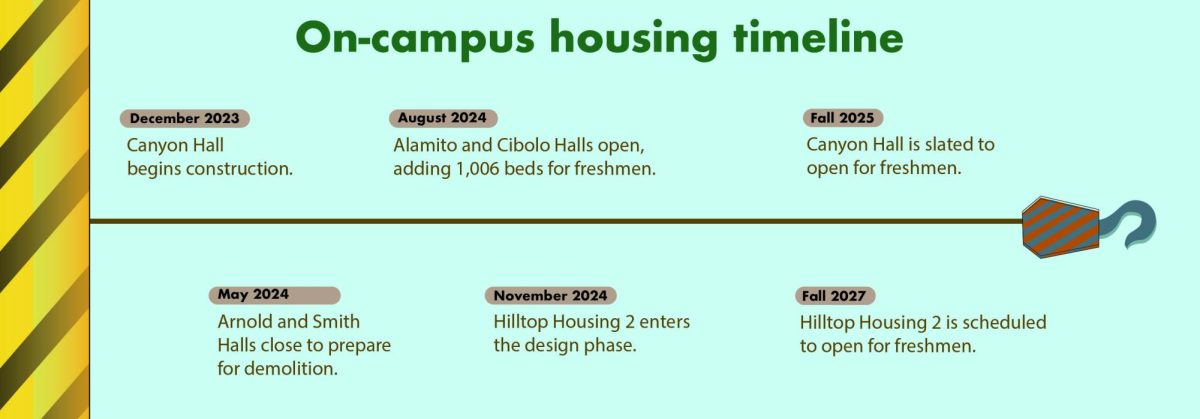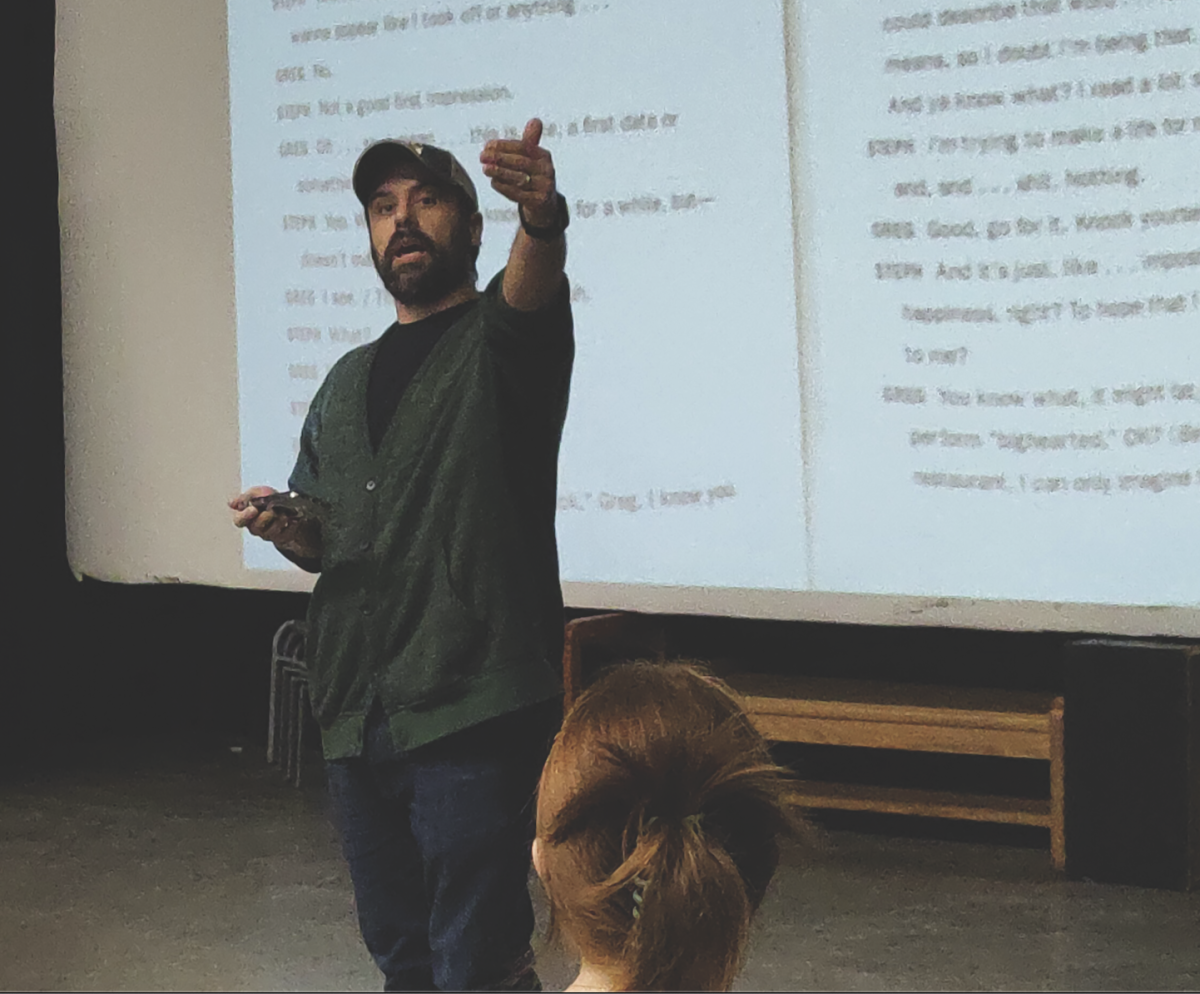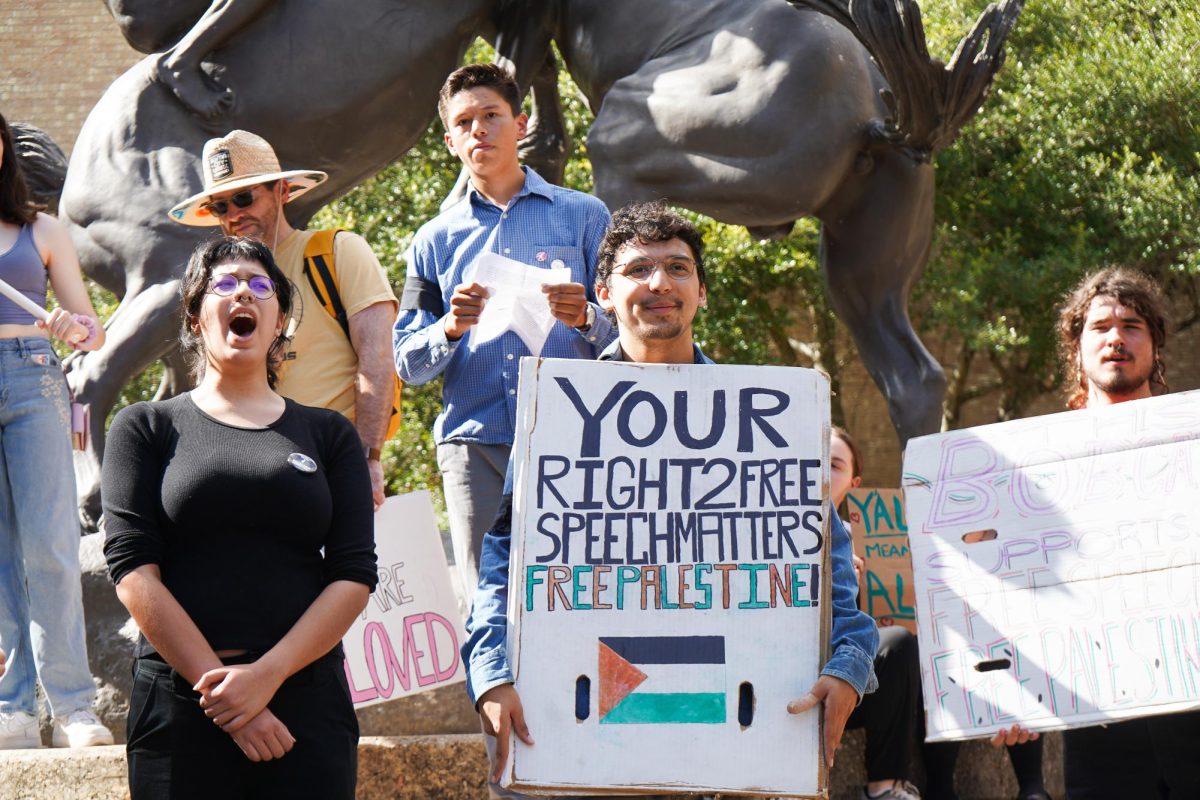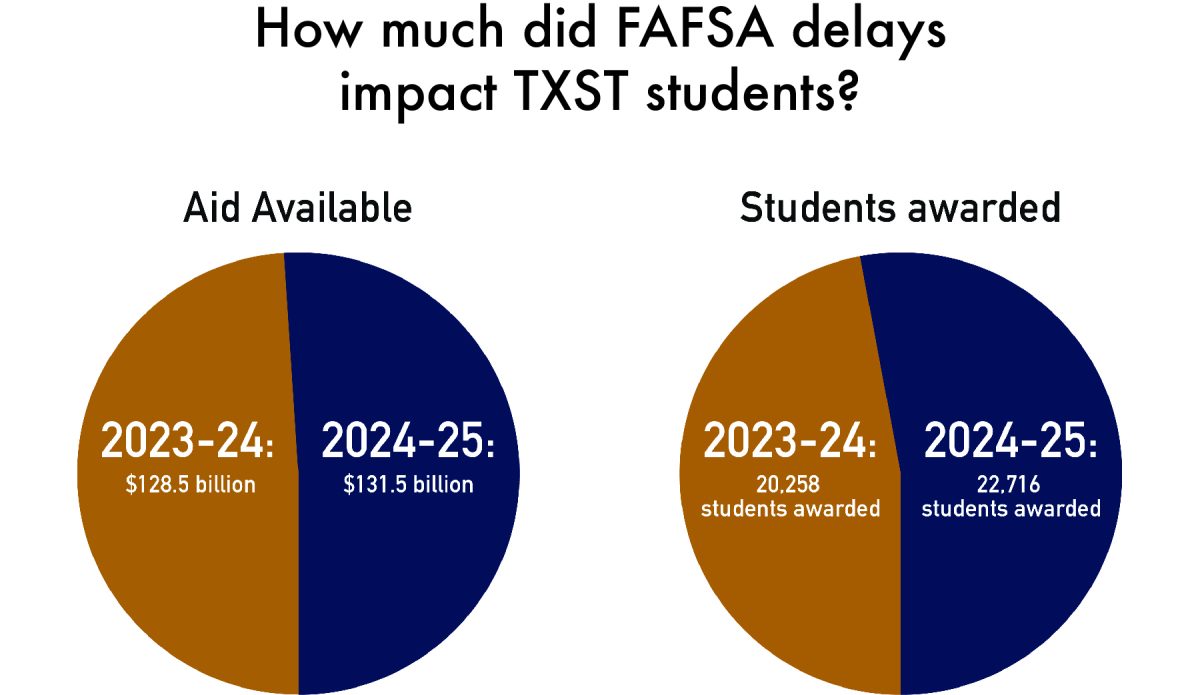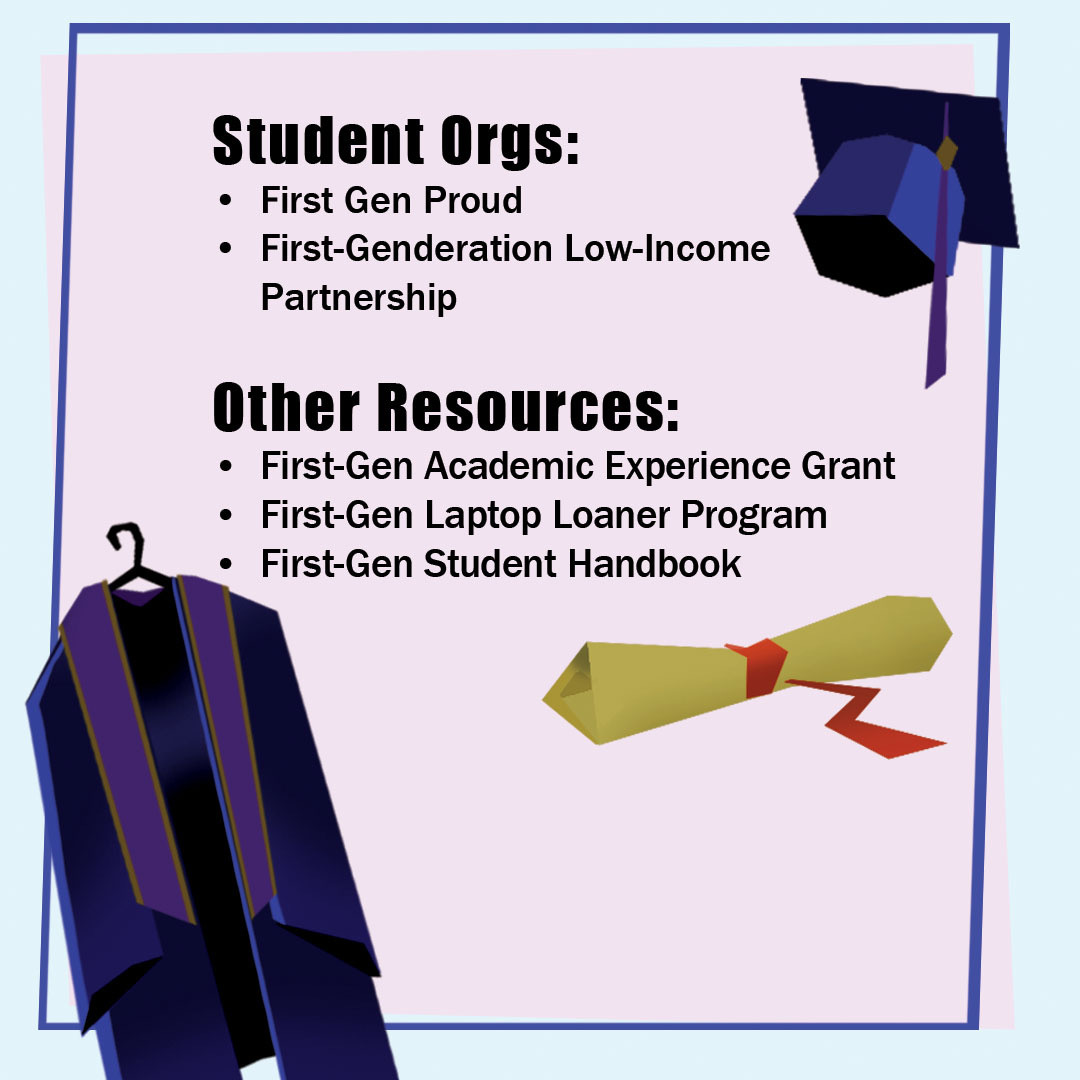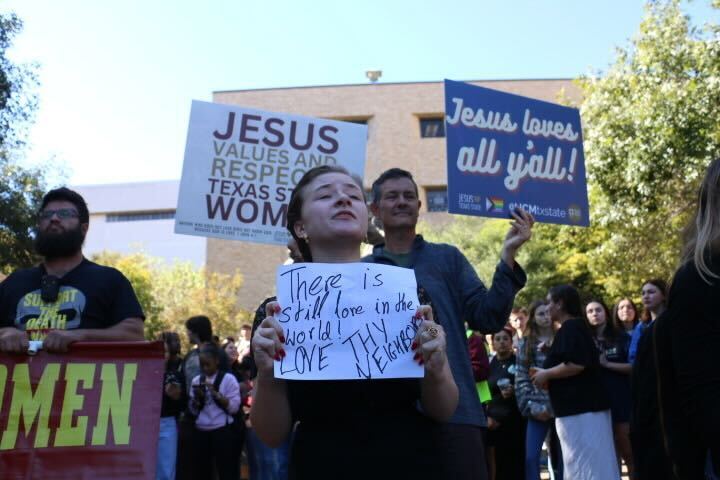Texas State is approaching the fall semester with limited COVID-19 testing for selective individuals, aiming for hundreds of free daily tests by September.
The university currently offers staff, students and faculty limited COVID-19 testing on its San Marcos campus. Insurance or CARES act funds will reimburse costs for tests. According to the Student Health Center, due to finite testing capability, testing is only available to those who meet specific criteria created by the university to control its testing usage.
This criteria makes testing available to those who may have come in contact with COVID-19 in the last 14 days or are experiencing a fever above 100 degrees, coughing or shortness of breath. Those who traveled domestically or internationally to a place affected by community spread no longer meet the criteria for a test after a recent change to the Student Health Center’s website removed the item.
Dr. Emilio Carranco, Texas State’s chief medical officer, describes the plan to selectively test as the norm when dealing with community spreads.
“There have been some situations where state or federal resources have been brought in to just do broad testing of a community,” Carranco said. “In most cases, what you’ll find is that most medical operations are still targeting folks who are either symptomatic or who are close contacts.”
The process for test administration begins with scheduling a telehealth visit with the Student Health Center where a patient’s concerns can be used to determine if testing is necessary. Patients who require testing will visit a medical tent stationed outside the Student Health Center to be administered a Polymerase Chain Reaction (PCR) COVID-19 test.
PCR tests investigate current COVID-19 infections as opposed to tests created to identify antibodies indicating past infection. Diagnoses will be made at the Clinical Pathology Laboratory and will be delivered to the patient in two days—the standard wait time associated with the university’s testing capability. However, Carranco says there have been exceptions to the timeline.
“In most cases, we get results back in 48 hours. When we experienced that surge of cases back in June and early July, of course, all the testing labs got overwhelmed,” Carranco said. “So the test results took longer than two days. Sometimes five to seven days. But at this time, we are seeing turnaround times of about two days.”
The Student Health Center hopes to expand its testing capabilities to the university population with advanced diagnosing technology alongside the use of existing methods.
According to Carranco, part of the plan to mitigate the spread of COVID-19 on campus is the purchasing of three “ABBOT ID NOW” machines. These machines are capable of delivering accurate test results in about 13 minutes at the pace of 100 tests a day. Contemporaneous testing flexibility on campus, by use of the Clinical Pathology Laboratory, is able to provide a maximum of 500 tests a day. With both methods in use, a potential 800 tests would be Texas State’s total daily testing capacity.
The university plans to have both methods in use by September. The university also plans to investigate and purchase new safe testing technology as it arrives in its respective market.
According to Karol Holman, assistant director of the Student Health Center, Texas State’s Round Rock campus testing measures are in early stages. Criteria similar to the main campus’ are in place to determine who can be tested. As time persists, the Student Health Center will observe what COVID-19 protocols need to be maintained in Round Rock.
“[Round Rock is] trying to do what we’ve done at the main campus. We’ve done it long enough that we kind of know how to go about it. We hope in the next week or two, we will start offering some testing at the Round Rock campus. We can’t go full-blown.” Holman said. “They don’t have the staff that we have [in San Marcos,] so we have to see what they can manage.”
Texas State’s approach to testing differs from other Texas universities. The University of Texas at Austin has testing available to both symptomatic and asymptomatic students at the price of $88—a price likely to be processed through insurance. In Waco, Baylor University is delivering mandatory COVID-19 test kits to its students and is requiring students to test negative before returning. Texas A&M is offering two different cost-free tests to its students: A PCR test and a serology test designed to look for a previous infection.
Incoming transfer Tyler Rotenberry, a digital media junior, says Texas State’s student body must obey the guidelines put in place for any of the protocols established to be successful.
“I’d like to say I have faith in the student body, but you never know. Some people mess around and don’t take precautions seriously, and that makes it harder for everyone else,” Rotenberry said. “I think it’s up to a lot of people to go get checked out if they start showing symptoms and to do what they’re told.”
For more info on Texas State’s COVID-19 testing visit the Student Health Center’s website.
Categories:
Texas State sets sights on broad campus COVID-19 testing
August 24, 2020
A sign alerting students to stay home if they are experiencing any symptoms of sickness is posted, Monday, Aug. 24, 2020, outside of the LBJ Student Center. Texas State is offering free COVID-19 testing to any students, faculty and staff who may have been exposed to COVID-19 within 14 days.
0
Donate to The University Star
Your donation will support the student journalists of Texas State University. Your contribution will allow us to purchase equipment and cover our annual website hosting costs.
More to Discover


